Koreatown apartment owner agrees to pay $2.5 million in settlement of tenants’ discrimination lawsuit
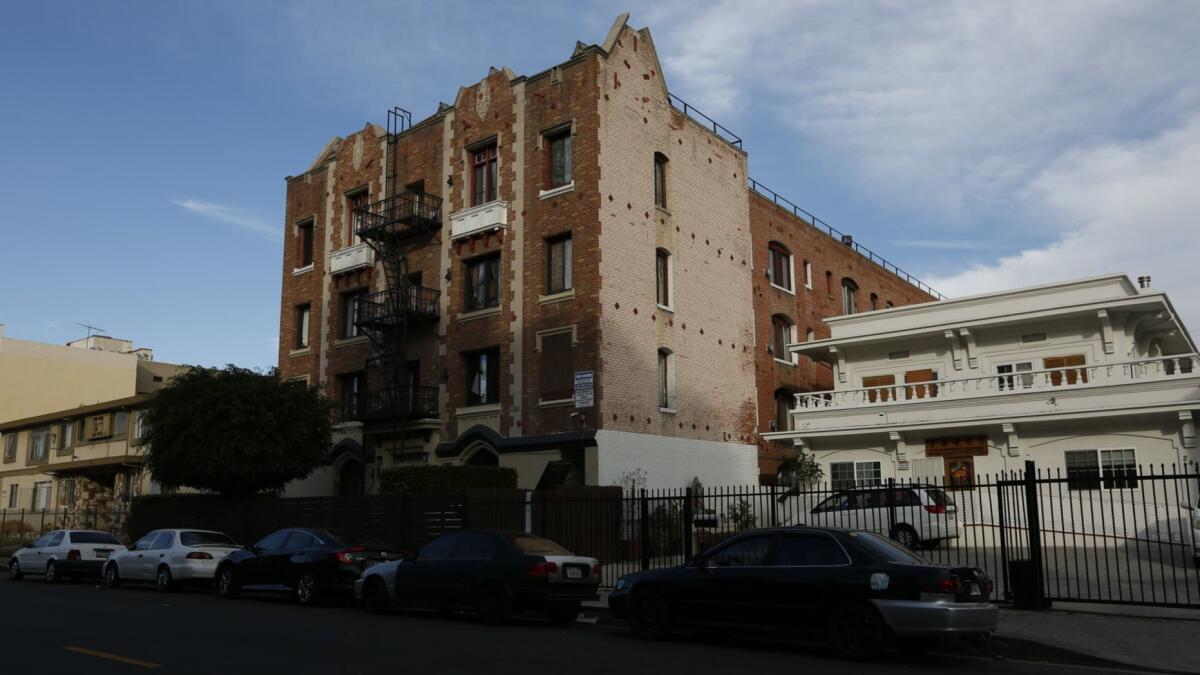
- Share via
A real estate investment firm has agreed to pay $2.5 million to settle a federal lawsuit alleging that it pressured Latino and mentally disabled tenants to leave its rent-controlled Koreatown buildings so it could raise the rents.
For the record:
3:50 p.m. Oct. 22, 2018An earlier version of this article said four people who supported the plaintiffs in a video were not Latino. One of the four was Latino.
While denying they had done anything wrong, the Century City investment firm Optimus Properties LLC and several affiliated companies agreed to abide by fair housing laws to make physical repairs to the tenants’ apartments and to ensure that property managers and onsite managers receive fair-housing training.
In a novel form of relief worked out over days of negotiations, they agreed to reserve the next seven vacancies in its buildings for tenants receiving rent subsidies under the federal Section 8 program.
Optimus also agreed to accept late rent payments from three disabled tenants who had received multiple eviction notices for delaying payment up to five days until they received their Social Security checks.
In a joint statement released Friday after U.S. District Court Judge Stephen V. Wilson signed an order dismissing the case, the tenants’ attorneys said the defendants had made “important commitments to ensure fair housing policies and practices are in place for its Koreatown apartment buildings.”
Thomas H. Citron, lead counsel for the defendants, said, “My clients are looking forward to continuing their commitment to fair housing practices, while implementing new policies to provide superior protections for residents.”
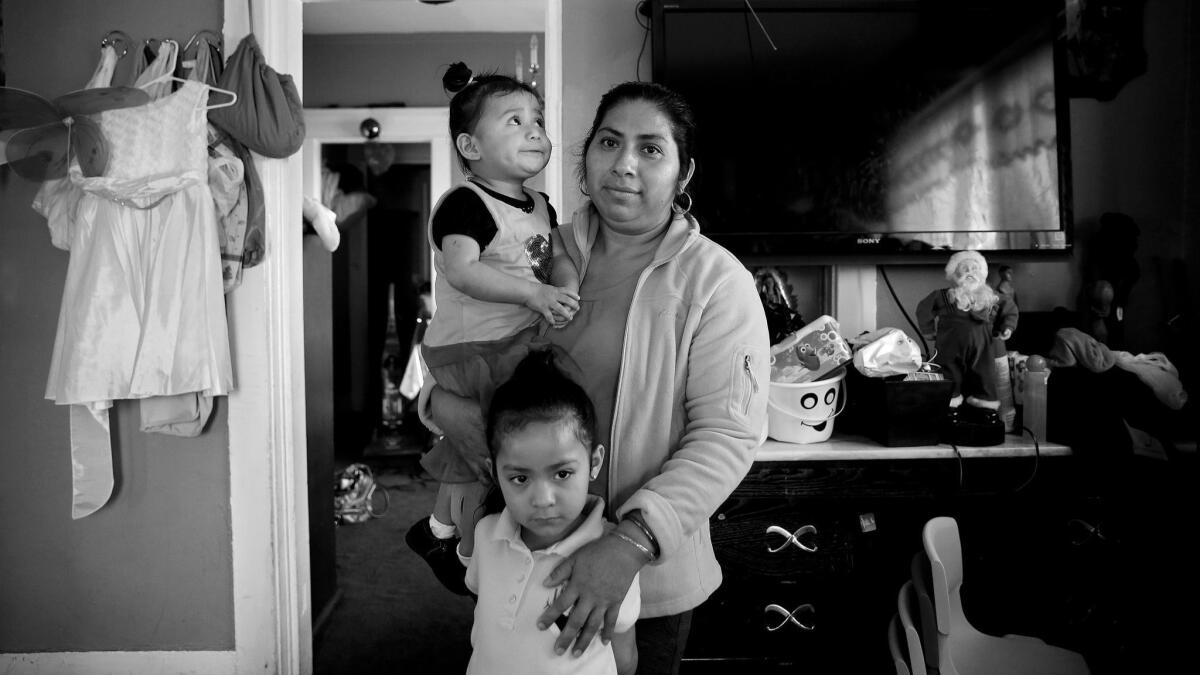
Terms of the settlement prohibited either party from discussing the case further.
The settlement will provide about $52,000 each to 13 tenants. About $208,000 will go to Strategic Actions for a Just Economy and Step Up on Second, two agencies that advocated for the tenants and provided supportive services to some.
The remainder, about $173,000 in litigation costs and $1,442,000 in attorneys’ fees, will go to four law firms that worked on the case.
The 2016 lawsuit was filed on behalf of 15 tenants in five buildings by the pro bono law firm Public Counsel and the nonprofit law firm Public Advocates Inc.
In addition to Optimus, the lawsuit named five affiliated limited liability companies that are the registered owners of the buildings; Roxbury Ventures LLC, described as Optimus’ property management company; and Jerome Mickelson, currently listed on Optimus’ website as its executive vice president.
The settlement covers four buildings. In the nearly two years since the case was filed, three of the tenants dropped out, two of the buildings were sold and an additional tenant in a sixth building was added.
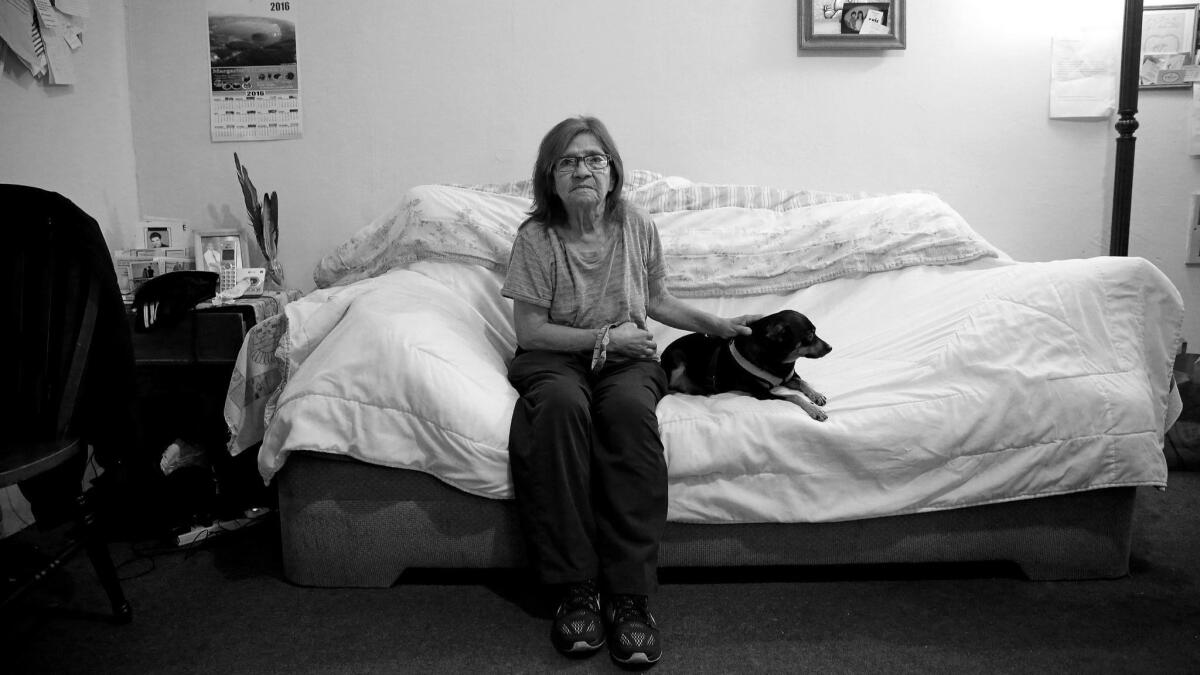
The lawsuit alleged Optimus violated state and federal anti-discrimination and fair housing laws by pushing out “undesirable” tenants to facilitate rapid resale.
It characterized what the firm’s website referred to as its “Koreatown strategy” as “a complex scheme in the rapidly gentrifying Koreatown neighborhood of Los Angeles, to purchase buildings, displace the existing tenants, renovate vacated units, market the renovated units at much higher rents to young, childless, English-speaking professionals, and ‘flip’ … the buildings at a massive profit.”
At the time Optimus purchased them, it said, the buildings were occupied by significant numbers of Spanish-speaking Latino tenants, families with children, and people with mental disabilities.
In declarations filed with the court, tenants described receiving dozens of notices including requests to enter their apartments, complaints about their children and three-day notices to pay or vacate.
Some of the tenants alleged they received notices of rent increases exceeding the limit in rent-controlled buildings. Others received rent increases without the required prior approval of the Los Angeles Housing and Community Investment Department.
Records compiled for the case showed that tenant Demetrius Allen, who has physical and mental disabilities, received 43 notices in the nearly 18 months between the time a defendant firm’s purchased his building and the lawsuit was filed in November 2016.

They included five utility cutoffs for renovations of other apartments, six pest control treatments, two showings of his apartment, 13 eviction warnings and one notice that his Section 8 subsidy would no longer be accepted.
Allen, 47, who routinely paid his rent on the fifth of the month but never missed, said the flood of notices, which he called his “weekday anxieties,” stopped after the lawsuit was filed.
In the settlement, Optimus agreed to accept his rent checks on the fifth of the month and to allow him to keep a service dog.
Pedro Ramos, who lives with his wife and two children in a studio apartment he has rented since 1997, said in his declaration that his original contract allowed him to pay rent up to the fifth of the month.
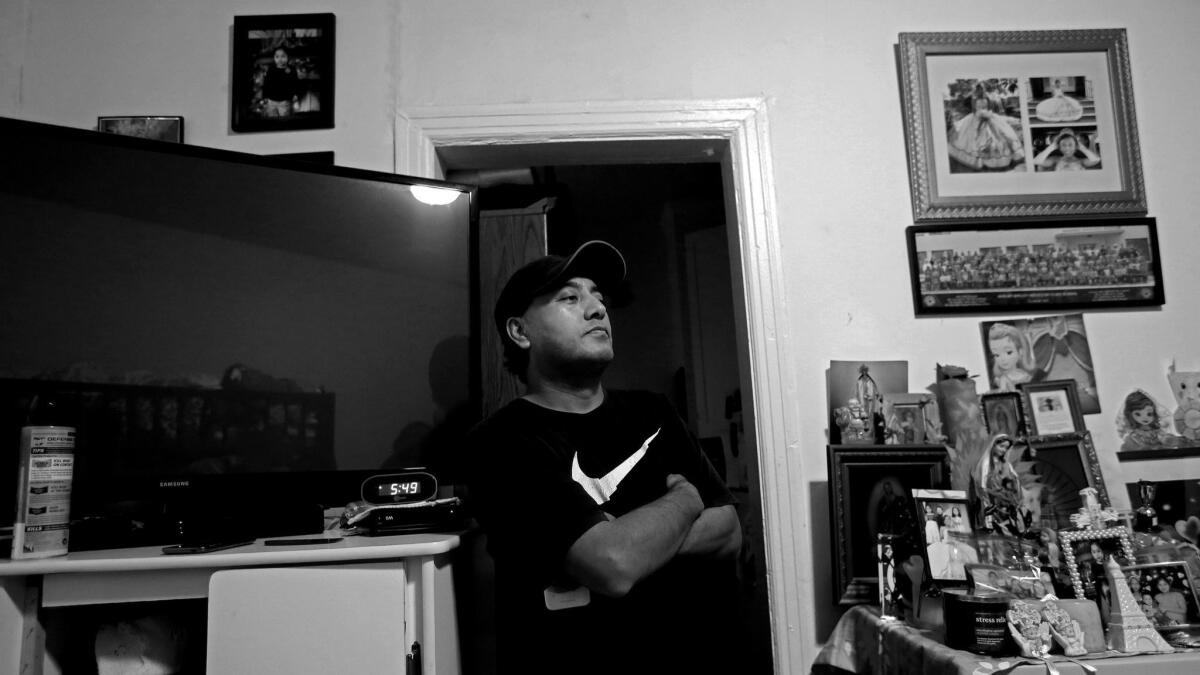
Records filed with his declaration showed that in August 2016, Optimus’ management company notified him of a 5% increase to $652.25 and a warning that late fees would be charged after the first. Ramos said he asked for repairs to be made before he paid, but the manager never came to inspect his apartment. Instead an eviction case was filed in Superior Court.
After Public Counsel answered the case on Ramos’ behalf, it was dismissed.
Additional support for the case came in declarations and a video made by four tenants. One of the four was Latino, and none were disabled or party to the lawsuit.
They described hearing onsite managers say they had direction from Mickelson to clear out Mexicans and families to make the apartments more attractive to hipsters. All four said their buildings were mostly occupied by Latino families when they first rented them but most tenants are now single people.
Deepika Sharma, the lead attorney for the plaintiffs, said the tenants stuck with it over two years because they wanted to make a difference for other people as well as themselves.
“We didn’t just do this for their own benefit, but to make a point in this city of Los Angeles,” she said.
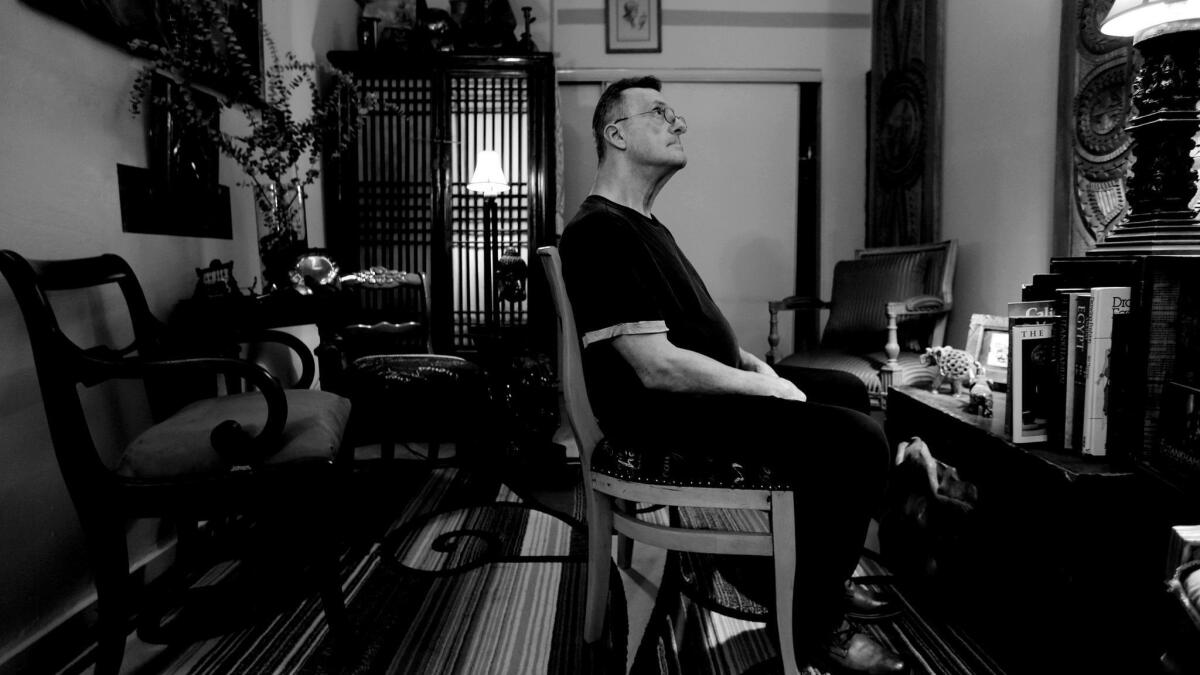
More to Read
Sign up for Essential California
The most important California stories and recommendations in your inbox every morning.
You may occasionally receive promotional content from the Los Angeles Times.














